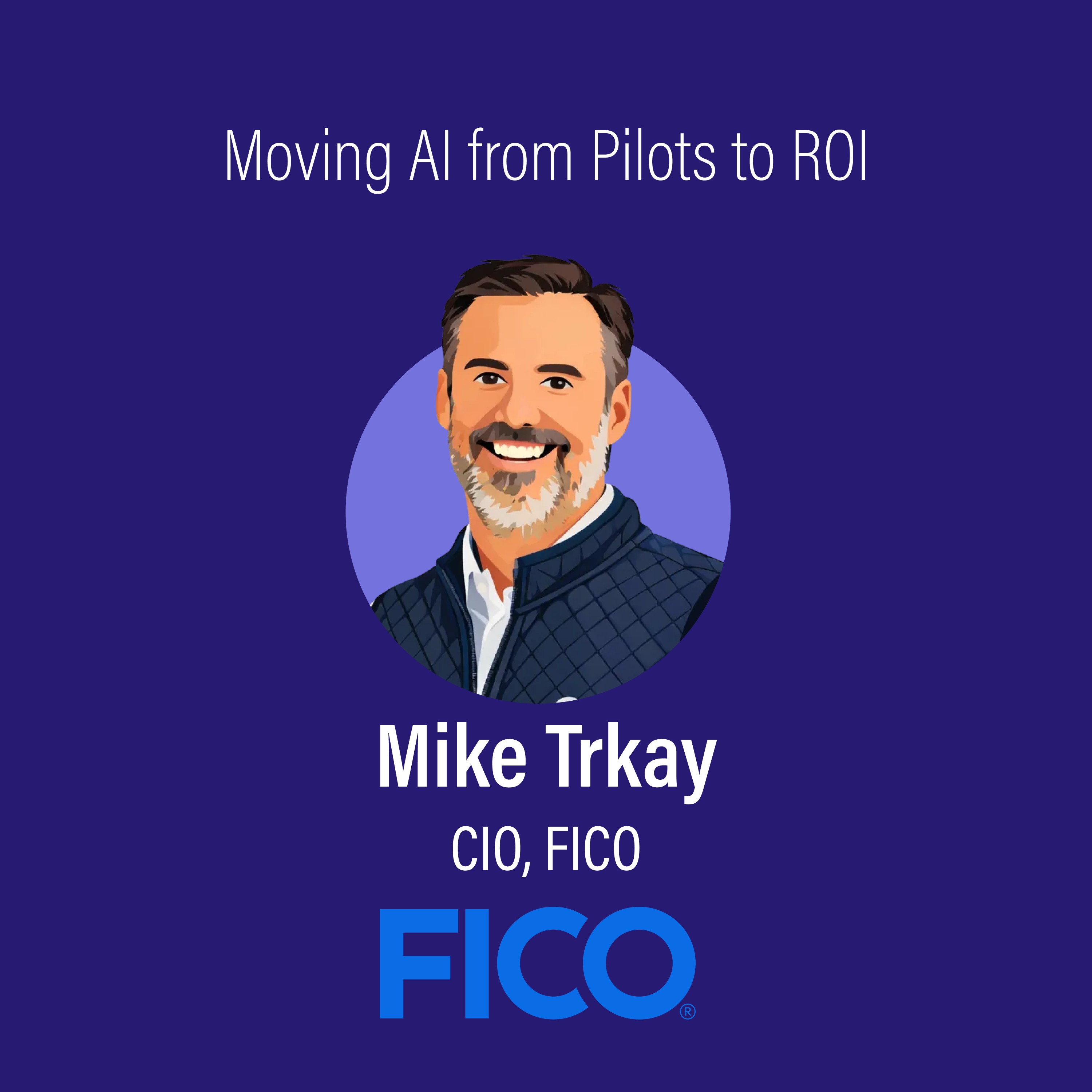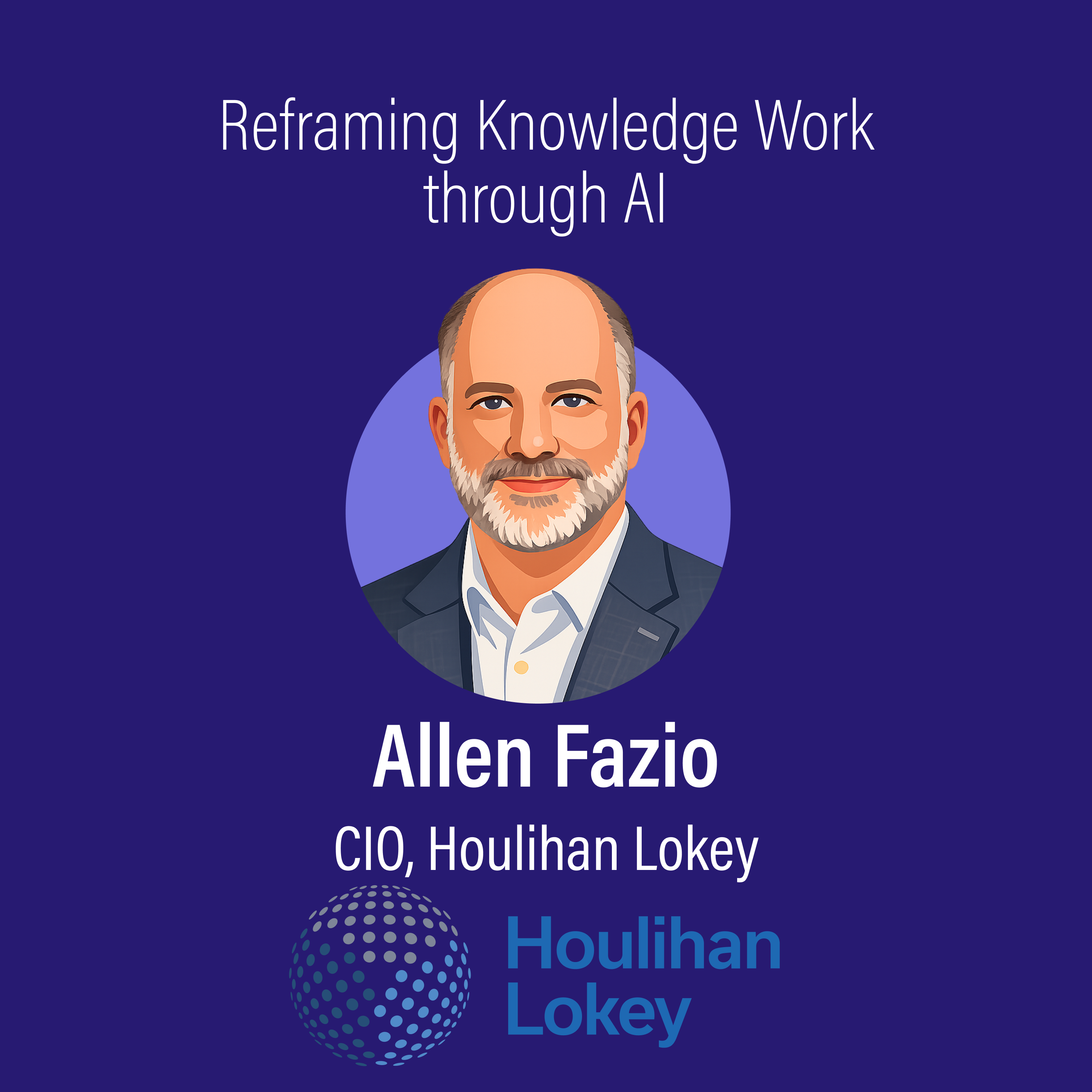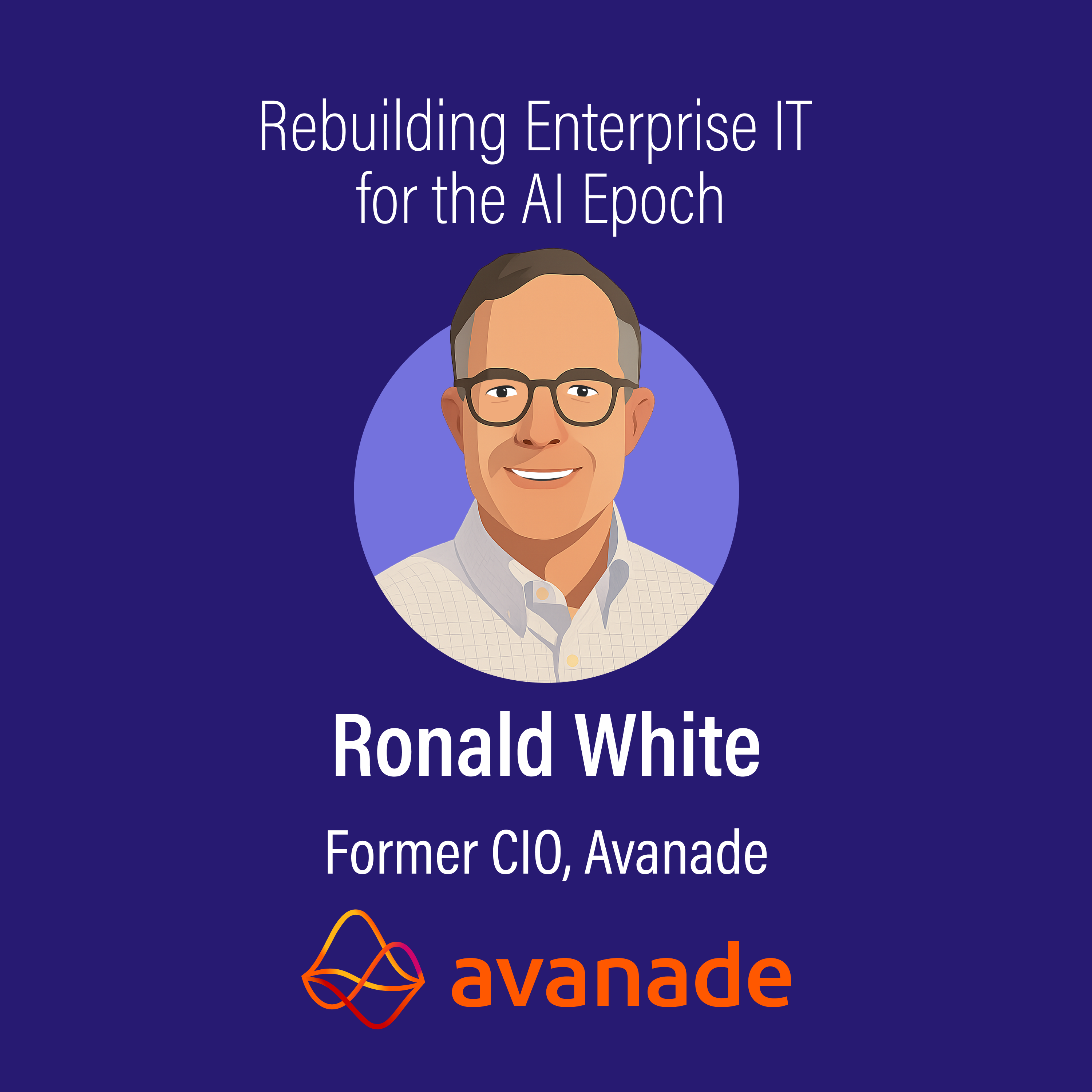When AI Meets Infrastructure
On the 55th episode of Enterprise AI Innovators, hosts Evan Reiser (Abnormal AI) and Saam Motamedi (Greylock Partners) welcome Richard Donaldson, Senior Vice President and Chief Information Officer at Duke Energy. Richard has been with Duke since 2001, rising through IT leadership by embracing innovation across a regulated, asset-heavy business. With Duke serving millions across multiple states and operating eleven nuclear units, the scale is massive. But so is the opportunity.
Richard makes one thing clear: before any AI breakthrough, you need to do the homework. “2024 was a year we spent a lot of time talking about AI,” he explains, “but in very unsexy ways.” Governance, platform security, and data integrity were the foundation. "Homework is hard and it takes a lot of time and to your accountant, it looks like you're spending money and not getting any return on that." But that investment enabled a turning point: "This is the year we're really excited to turn that page and say, we're kind of open for business."
What does it look like when that groundwork pays off? Richard points to two real examples. First is Duke Energy Explorer, a conversational AI tool designed to answer complex regulatory questions by pulling from over 800 data sources. "We submit large documents and all of a sudden we get a response back with 50 million questions and 16 hours to return the answers. And so we spent some time building a conversational AI tool... and now you get the questions and you can ask and get a quasi response back that you can go, hey, that makes sense."
The second is a generative AI tool built to support relicensing of Duke's nuclear fleet. "We used generative AI to help us put those together, pull all the operational metrics and the data together," he explains. "I heard something staggering, like a $40,000 project saved us something like, you know, 200,000 man-hours."
For Richard, AI that solves "painfully boring" problems is often the most valuable. Yet that value depends on adoption, which isn't guaranteed. "You roll something like that out to the IT workforce and it's just, they're breaking the servers, they're hitting it so hard," he laughs. "But then you go into some of these business units and it's just the latest button they have on their workstation." The key, he says, is understanding pain points. "Let me help you make your job easier that day... That's the strategy we've used."
Looking ahead, Richard envisions AI systems that are more than intelligent observers. Right now, drones collect data over massive solar farms, "but the drone's not doing anything yet." The leap comes when action meets autonomy: "What happens when the AI... can actually just kind of lower down and maybe sweep off a panel, something totally simple like that or change a part."
And in the office? He predicts everyone will eventually have a co-pilot. "They're going to expect it in the office. And when we do, now all of a sudden you think about, regardless of the task or the use case, when you're... coming in with that kind of assistance on board with them, you can accomplish a ton of things."
Yet for all the innovation, Richard grounds the work in mission and culture. "We're doing the same thing [as startups]... except we're wearing 50-pound vests while we do it." The weight of regulation is real, but so is the reward. And in a world where AI drives energy demand, the work becomes even more critical. "AI needs a lot of juice and it needs more juice than is out there and available today."
From generative tools to governance, from culture to clean energy, Richard’s episode is a blueprint for building AI into enterprises where getting it right really matters.
Listen to Richard's episode here and read the transcript here.





